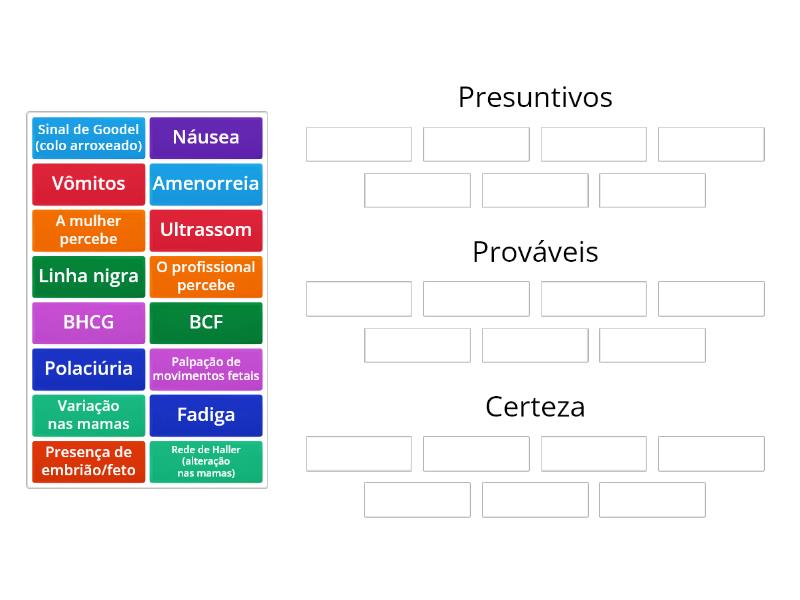What Causes Pain Years After Root Canal? Find Relief

The persistence of pain years after undergoing a root canal procedure can be a perplexing and frustrating experience for many individuals. Root canals are intended to alleviate pain by removing infected or damaged pulp from the tooth, thereby preventing further infection and promoting healing. However, in some cases, patients may continue to experience discomfort or pain, which can stem from a variety of causes.
One primary reason for ongoing pain is the possibility of incomplete removal of infected tissue during the initial root canal procedure. If any part of the infected pulp is left behind, it can lead to the recurrence of infection. This residual infection can cause persistent pain and may necessitate further intervention, such as retreatment of the root canal or, in severe cases, extraction of the tooth.
Another factor contributing to post-root canal pain is the development of new infections. Even after a successful root canal, bacteria can potentially re-enter the tooth through cracks, fractures, or around the filling material used to seal the canal. This re-infection can lead to the formation of abscesses or cysts around the tooth root, causing pain and requiring additional treatment, such as antibiotics or surgical intervention.
The anatomy of the tooth itself can also play a role in persistent pain. Teeth have intricate canal systems, and sometimes these canals are not fully accessible or may be missed during the procedure. These untouched areas can harbor bacteria, leading to continued infection and pain. Furthermore, the complexity of the root canal system, including the presence of additional canals that were not treated, can be a source of ongoing discomfort.
In some instances, pain after a root canal can be attributed to non-dental factors. For example, sinus infections or pressure can refer pain to the upper teeth, while temporomandibular joint (TMJ) disorders or muscle tension can cause pain in the jaw and face areas, potentially mimicking tooth pain. Therefore, a comprehensive evaluation is essential to determine the true source of pain.
For individuals experiencing pain years after a root canal, seeking professional dental advice is crucial. A thorough examination, including radiographs and possibly a CBCT scan for a detailed view of the tooth’s anatomy, can help identify the cause of the pain. Depending on the diagnosis, treatment options may range from a simple adjustment of the restoration to more complex procedures like endodontic retreatment or apicoectomy (surgical removal of the tip of the root).
In addition to medical interventions, there are several steps patients can take to find relief from pain. Practicing good oral hygiene, including regular brushing and flossing, can help prevent re-infection. Avoiding chewing or biting on the affected tooth until it is fully restored can also reduce discomfort. For temporary relief, over-the-counter pain relievers like ibuprofen or acetaminophen may be recommended, though it’s essential to follow the dentist’s advice on pain management to avoid masking symptoms that need medical attention.
In conclusion, while root canal procedures are highly effective in eliminating tooth pain, there are instances where pain can persist or recur years later. Understanding the potential causes of this ongoing pain, from incomplete removal of infected tissue to new infections or non-dental factors, is key to finding appropriate relief. By seeking professional dental care and following recommended treatment and aftercare instructions, individuals can effectively manage and potentially eliminate pain, restoring comfort and function to the affected tooth.
What are the common causes of pain years after a root canal?
+Pain after a root canal can be caused by incomplete removal of infected tissue, new infections, the complexity of the tooth's anatomy, or non-dental factors such as sinus infections or TMJ disorders.
How can I manage pain after a root canal?
+Managing pain after a root canal involves good oral hygiene practices, avoiding chewing on the affected tooth, and possibly using over-the-counter pain relievers as advised by a dentist. Professional dental evaluation is crucial for determining the cause of pain and appropriate treatment.
Can a root canal fail years after the procedure?
+Yes, a root canal can fail years after the procedure due to several factors, including re-infection, missed canals during the initial treatment, or fractures in the tooth that allow bacteria to enter. Regular dental check-ups can help identify potential issues before they become severe.
In the pursuit of understanding and addressing post-root canal pain, it’s essential to approach the situation with a comprehensive mindset, considering both dental and non-dental factors. By doing so, individuals can navigate the path to relief more effectively, ultimately achieving a comfortable and healthy oral environment.

